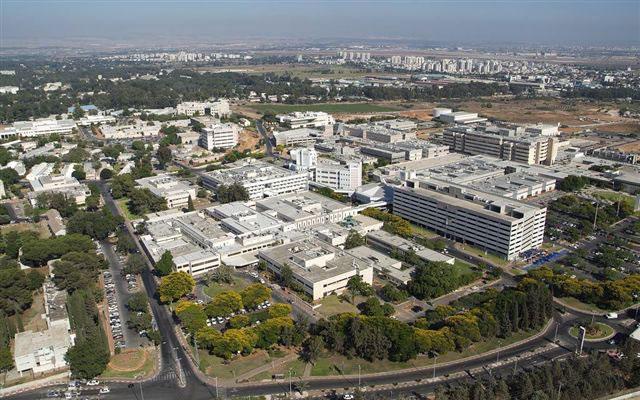Jack Cohen – Philosophy 101
When I moved to Israel in 1996 I went to work at the Sheba Medical Center at Tel Hashomer as the Chief Scientist. One day I received a call from Personnel telling me that they could not officially register me or pay me because my degrees had not been approved by the Ministry of Education. They told me that I had to go to the nearest office in Ramat Gan with the originals of my degree certificates for them to check. So I did this, I took my degree certificates in and they notarised copies of them and told me they would contact me.
Several weeks later, I received a call from the Ministry of Education in Jerusalem and I was told that they could not register me as a chemist because my PhD degree certificate from Cambridge University did not say Chemistry on it, it only said that I was a Doctor of Philosophy. So I explained that all PhD’s received the same certificate in all subjects. So she said, without the transcripts of my courses they could not register me as a chemist, but they could register me as a philosopher. So I quickly asked her to hold on, while I called the Personnel dept at Sheba on another line and asked them if they cared what subject I was registered for as long as it was accepted by the Ministry, and they said “no.” So I told the Ministry to go ahead. So I am registered to teach Philosophy in Israel.
On the basis of this I have decided for the first time to take advantage my status to dabble in philosophy. There is a well-known adage “if you are not a socialist when you are young, you have no heart, and if you are not a conservative when you are old, you have no brain.” Most young people are idealists, maybe because they have little experience of the real world. It is a fact of life, borne out by many examples, that violent revolutions that do away with the “establishment” only produce a less tolerant, more repressive society, with the former revolutionaries forming an even more conservative and brutal elite. Examples are the German Nazi Revolution, the Russian Communist revolution, the French Revolution, the Cuban Revolution, the Iranian Revolution, and so on.
I remember reading Alexander Solzhenitsyn’s description of the repression under Czar Nicholas and then that of Stalin. Whereas one innocent man was imprisoned in a cell in the Lubyanka prison under the Czar, 100 were imprisoned in the same cell and murdered by Stalin. The same kind of repression happened after the French revolution (remember the guillotine, a modern efficient means of removing enemies of the revolution) that ended with the dictatorship of Napoleon. In Iran, the repression of the Shah was replaced by the far more brutal and extensive repression under Khomeini. In Cuba, the repression of dictator Batista was replaced by the far more repressive regime of Fidel Castro. So the lesson is that to improve society there must be slow and stepwise evolution to avoid unnecessary civilian bloodshed and greater repression.
But, we should distinguish between internal social revolutions and anti-imperial uprisings against foreign domination that leads to local freedom, such as the American War of Independence, the Irish “troubles,” the fights for Indian and Israeli independence, all against Imperial Britain, as well as the Algerian war against France, and so on. Confusing these two types of conflict lead many to draw incorrect conclusions.









